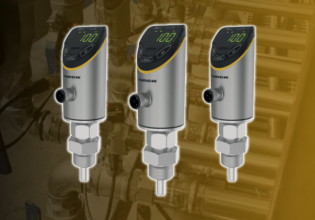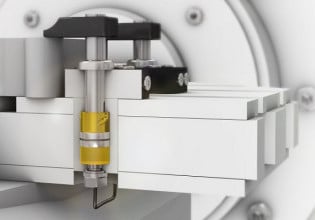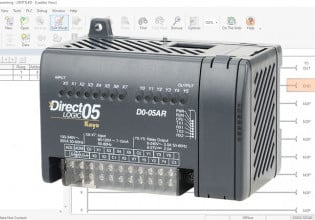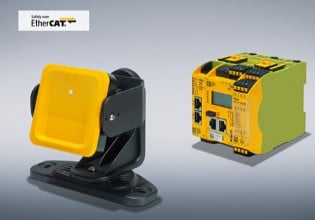I
I'm involved in a project that must connect several wastewater treatment plants to a control center. The plant are automatized with different SCADA and PLC's, whose programs can not be modified, and I want to use free software whenever it's possible.
My initial idea is adding to every plant (around 50) a subnetbook (Dell Inspiron mini, probably) with an opc server and openopc gateway running on a virtualbox windows xp. The OS of the netbook will be Debian Linux using python and openopc to access the data. The idea is to add the same infraestructure to all the plants, changing only the opc server depending on the plant current PLC.
Then, I will connect to a main server in an office using GPRS or 3G, depending on the location, must of the times it will be GPRS.
My idea is using MBlogic to make a modbus link between every plant and the control center and MBLogic HMI to show the plant when it is required. The connection with the plants will be done throught a ssh tunnel for safety reasons.
The control center must be able to access in real time to a plant to see how it's working and change parameters, and must store in a database the collected data from all the plants with stadistical purposes. I know MBlogic doesn't provide the latest feature, but I plan to add some python programming to send the data from the plants to the center every hour and use MBLogic only when realtime is needed.
To present the collected data and make reports I plan to use a standard LAMP application, and use apache rewrite and proxy directives to show the MBLogic HMI screens when required, integrating all the user interface under an only web site.
I just like to know if this architecture makes sense to you, specially to Michael Grifin, author of MBlogic who uses to write in this forum.
Regards
My initial idea is adding to every plant (around 50) a subnetbook (Dell Inspiron mini, probably) with an opc server and openopc gateway running on a virtualbox windows xp. The OS of the netbook will be Debian Linux using python and openopc to access the data. The idea is to add the same infraestructure to all the plants, changing only the opc server depending on the plant current PLC.
Then, I will connect to a main server in an office using GPRS or 3G, depending on the location, must of the times it will be GPRS.
My idea is using MBlogic to make a modbus link between every plant and the control center and MBLogic HMI to show the plant when it is required. The connection with the plants will be done throught a ssh tunnel for safety reasons.
The control center must be able to access in real time to a plant to see how it's working and change parameters, and must store in a database the collected data from all the plants with stadistical purposes. I know MBlogic doesn't provide the latest feature, but I plan to add some python programming to send the data from the plants to the center every hour and use MBLogic only when realtime is needed.
To present the collected data and make reports I plan to use a standard LAMP application, and use apache rewrite and proxy directives to show the MBLogic HMI screens when required, integrating all the user interface under an only web site.
I just like to know if this architecture makes sense to you, specially to Michael Grifin, author of MBlogic who uses to write in this forum.
Regards






